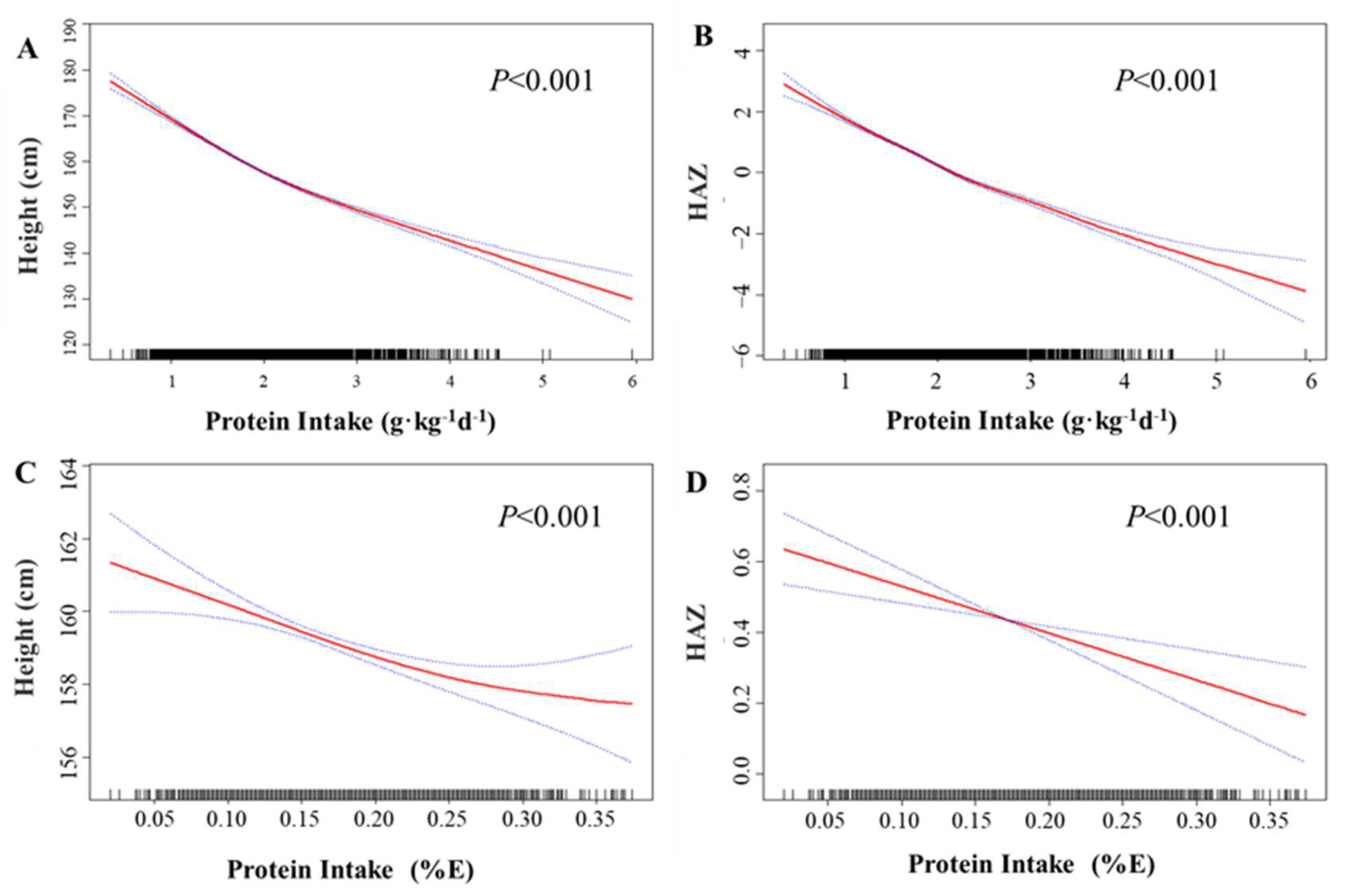Hello, everyone! This is Dr. Cho, and today I want to dive into a topic that confuses many people: selecting the best diet for your well-being. I've received questions about why my recommendations sometimes seem to vary—promoting brown rice and vegetarian diets one day, low-carb high-fat options the next, or even defending MSG after previously noting its potential downsides. I understand how that can feel inconsistent! In this article, we'll clarify these points and explore how to make informed food choices that truly support your health. If you find this helpful, feel free to share it with others.
What you put on your plate matters immensely. I would never advise anyone to simply eat whatever they crave without thought. While it might appear that I'm endorsing vegetarianism in one breath and low-carb high-fat (LCHF) diets in the next, my underlying message remains steadfast: avoid eating indiscriminately and choose wisely.
You've likely heard medical professionals recommend "just eat a balanced diet." In my view, this vague advice often indicates a lack of deep nutritional insight or a reluctance to provide specifics. However, I can't endorse such generality because, for many individuals, food is at the core of their health challenges. In the field of functional medicine, diet is one of our most potent interventions. Conditions such as diabetes, hypertension, or elevated cholesterol levels cannot be adequately addressed through medication alone—your dietary habits play a crucial role. Rather than subscribing to the "everything in moderation" mantra, we must approach our meals with intention and selectivity.
Let's begin with vegetarianism, which can be an excellent choice for promoting longevity. This diet tends to moderate your body's metabolism, akin to a candle that burns steadily and slowly—what I refer to as the "metabolic candle." On the other hand, high-intensity pursuits like marathons or triathlons can deplete energy rapidly, potentially reducing lifespan. This is why some elite athletes, despite their peak performance, may encounter health complications later in life.

That said, vegetarianism isn't without its drawbacks. It can lead to deficiencies in essential nutrients such as vitamin B12, tryptophan, or tyrosine, which might contribute to symptoms like irritability, depression, or sleep disturbances. After all, who wants to live to 100 if they're unhappy along the way? If you're following a vegetarian diet, it's vital to regularly check your nutrient levels. I once discussed this with a vegetarian patient who became defensive, claiming a well-planned vegetarian diet circumvents these problems. Interestingly, such reactivity could itself indicate a dopamine shortfall! My goal isn't to criticize vegetarianism but to outline its advantages and limitations so you can decide what's best for you.


Shifting gears, low-carb high-fat (LCHF) diets have gained popularity in Korea, particularly for weight loss, but they offer broader benefits for managing metabolic disorders like diabetes, high blood pressure, high cholesterol, and obesity. These diets are also employed therapeutically for neurological conditions, including epilepsy, dementia, and Parkinson's disease. In the case of dementia, for instance, brain cells often struggle to generate energy (ATP). LCHF provides ketones as an alternative energy source, which can bolster brain function and possibly delay the disease's advancement.


Some physicians caution that the saturated fats in LCHF diets could obstruct arteries, leading to heart attacks or strokes—a concern rooted in outdated cholesterol hypotheses. Notably, since 2015, U.S. dietary guidelines have acknowledged that cutting dietary fat doesn't inherently enhance health outcomes. Although LCHF might hasten aging over the long term, it's exceptionally effective for those seeking prompt relief from metabolic or neurological ailments. Remember, LCHF isn't synonymous with excessive meat consumption; it's about emphasizing healthy fats and steering clear of processed foods. It's a demanding regimen, but the rewards can be significant.
You might wonder about my own eating habits. I adhere to something resembling a paleo diet, focusing on whole, natural foods similar to those our ancestors consumed. That doesn't mean I deprive myself of flavor—I enjoy tasty meals! Yes, I consume MSG; it's not a staple in my home kitchen, but I don't request its omission at restaurants. Occasionally, after a lengthy drive, I'll stop at McDonald's or Burger King for a quick bite. At home, however, I maintain strict avoidance of processed items.
My family follows suit, eschewing sugary sodas and ultra-processed snacks. When children are raised on whole foods from an early age, they develop a natural preference for healthier options. I recall reading about a Japanese elementary school where students viewed vegetables as everyday snacks—what a wonderful norm! The essence is to understand what's truly healthy, remain selective in your choices most of the time, but avoid excessive rigidity.
I frequently receive inquiries via social media about supplements for children. In general, unless there's a diagnosed medical necessity, kids don't require supplements. What they truly need is ample sleep—aim to have them in bed by 8 PM, and parents should strive for early bedtimes as well. Insufficient sleep can compromise immunity and impact mental health.
For children over 10, during their second growth spurt, a diet abundant in protein and minerals can facilitate healthy development. However, administering multivitamins as a precautionary measure can sometimes cause more harm than benefit, especially if the products are of poor quality. Prioritize crafting nutritious meals and ensuring sufficient rest to naturally enhance immunity and growth hormone production.

In summary, my key takeaway is straightforward: don't consume everything indiscriminately—select your foods with care. Your diet has the power to revolutionize your health, and I hope this article encourages you to reassess your eating habits. If you've found this insightful, share your own tips for healthy eating in the comments below. I'll continue providing practical guidance in future content. Thanks for reading!
""" ```